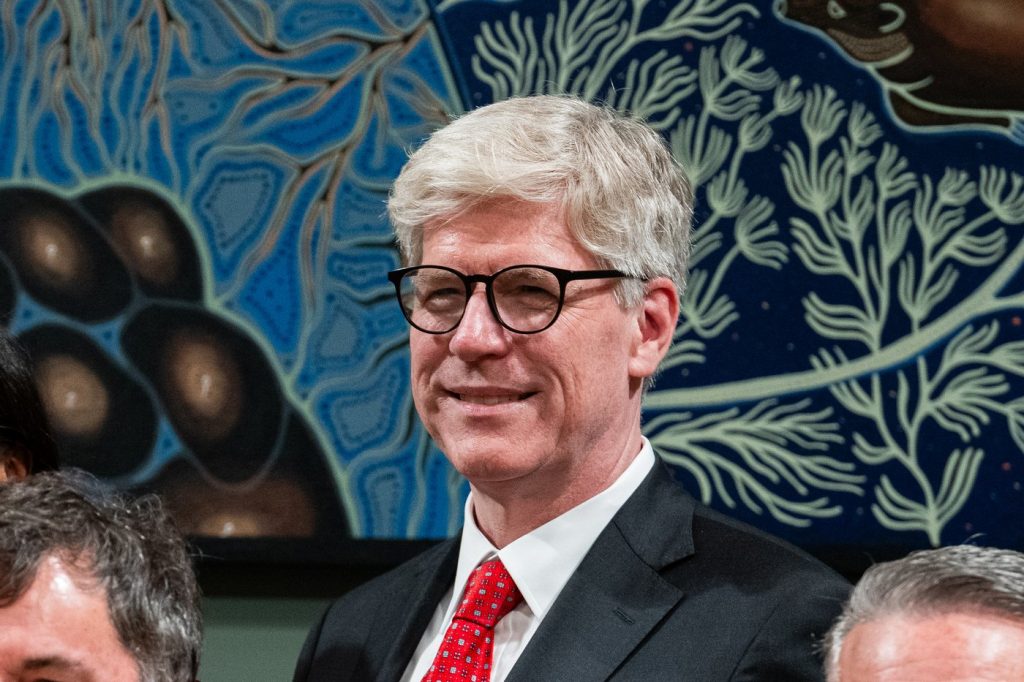COCHRANE – The Natural Resources Minister, Tim Hodgson, has announced a substantial investment of $21.5 million in federal funding designated for five projects in Alberta aimed at reducing the costs associated with capturing and storing carbon dioxide emissions. This funding is provided under the Energy Innovation Program, which seeks proposals focusing on carbon capture, utilization, and storage (CCUS) technologies.
One of the prominent beneficiaries of this initiative is Bow Valley Carbon Cochrane Ltd., a collaboration between Inter Pipeline Ltd. and Entropy Inc. The partnership is set to receive $10 million to enhance a gas extraction plant located northwest of Calgary. The project aims to capture emissions equivalent to removing more than 12,000 vehicles from the roads on an annual basis.
In addition, Enbridge Inc. is allocated $4 million, while Enhance Energy Inc. will receive $5 million for establishing separate carbon storage hubs in Central Alberta. The remaining portion of the funding will support a project focused on improving analytical technologies and another aiming to test small-scale carbon capture methods from diesel engines.
This announcement occurs amidst ongoing uncertainties surrounding a significant $16.5 billion carbon capture initiative put forth by the Pathways Alliance, which comprises six major oilsands producers. The consortium has yet to finalize an investment decision concerning the project, which, if realized, would stand as one of the largest carbon capture endeavors worldwide. The project’s future hinges on both federal and provincial support, which remains uncertain.
The Pathways initiative proposes to capture carbon dioxide emissions from over 20 oilsands facilities situated in northern Alberta. The captured emissions would then be transported via a 400-kilometer pipeline to a terminal in the Cold Lake region of eastern Alberta, where they would be securely stored underground to prevent their release into the atmosphere.
Alberta Premier Danielle Smith has introduced a concept she refers to as a “grand bargain,” suggesting that the emissions-reducing projects, including Pathways, could progress alongside the development of a new crude oil pipeline to the West Coast—an idea that currently lacks a proposed builder.
As discussions around the future of these projects unfold, Ottawa is actively considering which initiatives should be prioritized for a swift regulatory review under newly enacted federal legislation. This process aims to streamline the approval of projects that are deemed essential for the national interest.











